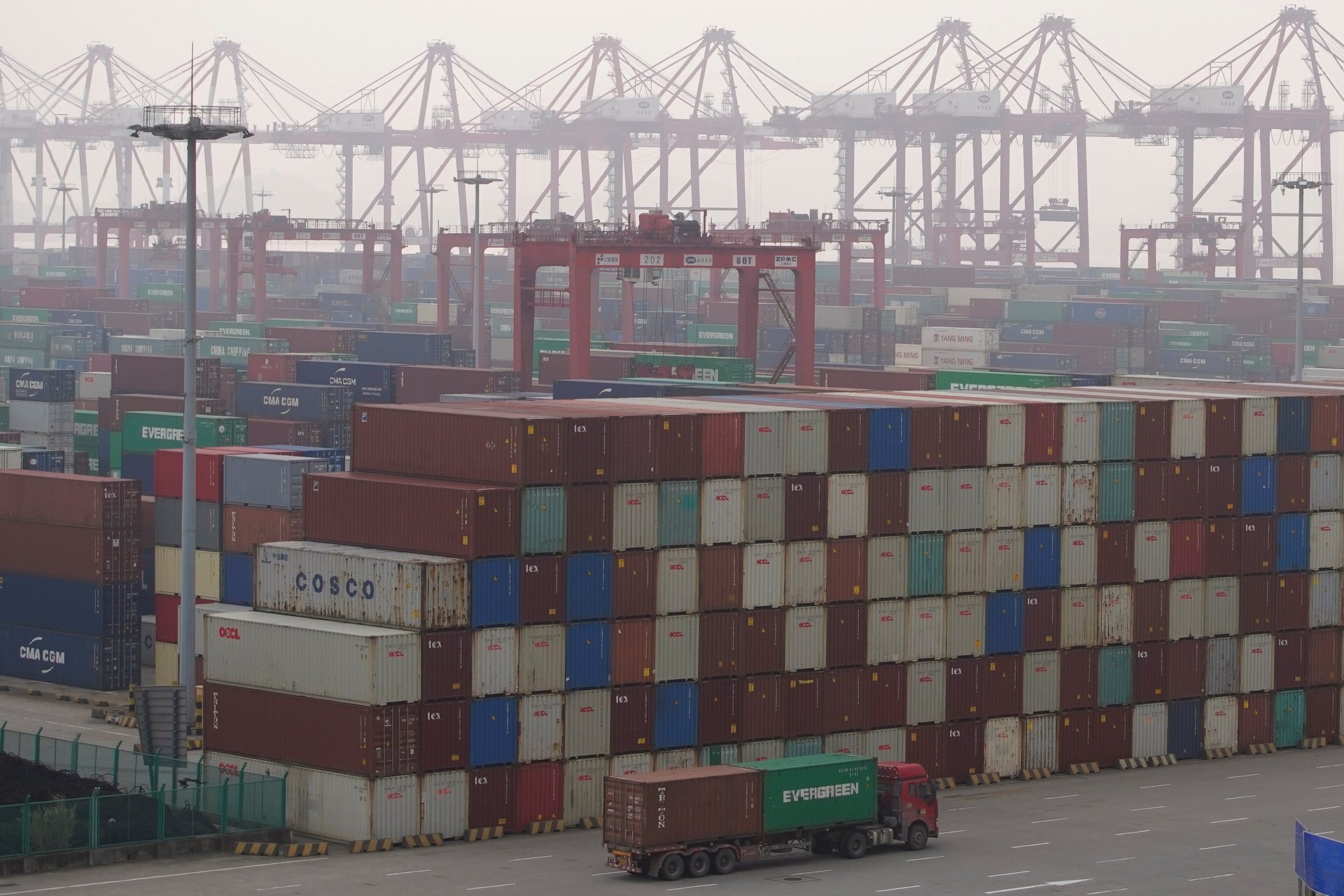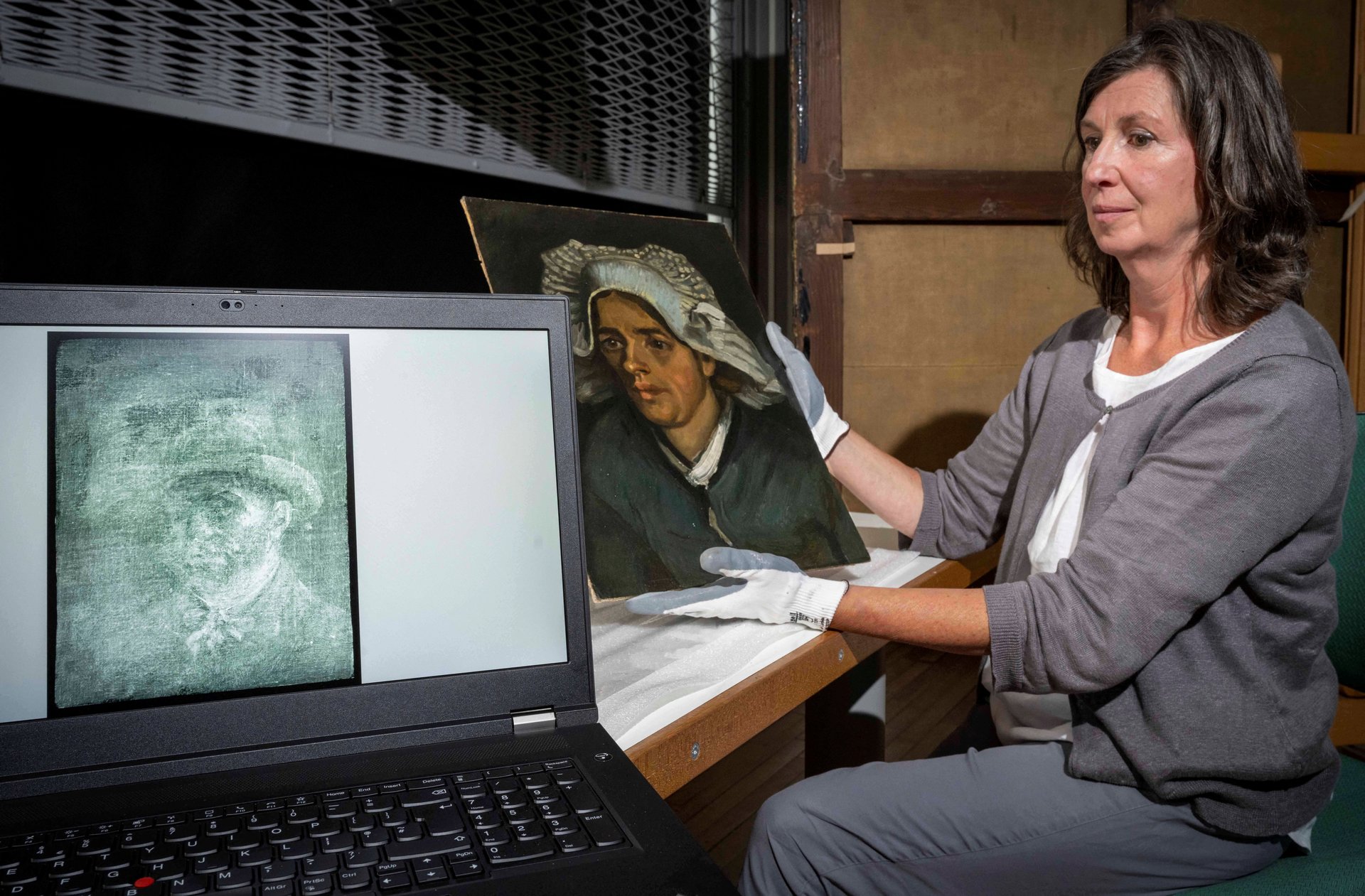🌍 China’s growth slows
Good morning, Quartz readers!


Good morning, Quartz readers!
Here’s what you need to know
China’s economic growth slowed considerably. The country’s GDP grew 0.4% in the second quarter, the worst showing since 1992 (excluding the first, covid-hit quarter of 2020). Growth slipped from 4.8% in the first quarter.
Saudi Arabia will allow direct flights from Israel. Israel’s prime minister thanked the Saudi government, but said it will continue to view the relationship between countries with ‘necessary caution.’
JP Morgan’s profits fell. The US’s largest bank saw a drop of 28% in the second-quarter; however, amidst economic uncertainty, the company sees few signs of a coming recession.
European car sales are at their lowest level since 1996. Volkswagen was hardest hit; it saw nearly a quarter fewer sales than last year at this time.
Italian prime minister Mario Draghi’s resignation was not accepted… President Sergio Mattarella refused Draghi’s offer to step down after the government coalition fell apart over a key bill.
…But Sri Lankan president Gotabaya Rajapaksa’s resignation was. He emailed a resignation letter from Singapore after fleeing the country with his family.
US congress will vote on bills to restore abortion access. This is the first legislative attempt by Democrats to respond to the Supreme Court’s overturning of Roe v. Wade.
What to watch for
Covid’s omicron subvariant BA.5 has taken over the US, accounting for 65% of all covid cases in the country. The subvariant is highly contagious, and with immunity from booster shots waning, it carries a higher likelihood of breakthrough infections.
The White House shared its plan to tackle the BA.5 surge, which focuses on making vaccines and treatment available, providing free testing and masks, and encouraging building owners to improve ventilation. It relies on individual responsibility rather than public health interventions, and on testing and treating rather than avoiding the infection.
Judging from the same approach’s failure to control the spread over the winter, the US might once again experience a large number of infections—10% to 15% of the population—and consequent risk of severe illness and long covid.
Twitter and Musk’s least bad option
It’s a clash of the titans—titans with extremely expensive legal counsel. One of the world’s largest social media companies and the richest person on earth are preparing for a legal battle that could influence American mergers and acquisitions for decades to come.
There’s really no best case scenario for Twitter, a company that has struggled to make money and grow long before Tesla CEO Elon Musk scrambled its plans with a will-I-won’t-I $44 billion takeover bid. It’s a case of opting for the least bad option, out of the following four outcomes:
- 🎯 The judge could side with Twitter and force Musk to complete the $44 billion deal.
- 💰 Musk could be found in breach of contract and forced to pay a $1 billion termination fee.
- 💨 Musk could win and walk away without paying a cent.
- 🤝 There could be an out-of-court settlement involving an amount higher than $1 billion but lower than $44 billion.
The euro may be cheap, but going to Europe is not
The summer of “revenge travel” is here. People are itching to fly after two years of the pandemic, but soaring fuel prices and persistent high inflation are still likely to make a European vacation not just expensive, but difficult. We took a look, by the digits:
863%: Increase in air travel between the US and Europe in March, compared to the same month last year
100,000: Temporary cap on daily passengers allowed by Heathrow Airport in the UK—the world’s busiest airport and a major connection to points on the continent
$3.99: Cost to rent National Lampoon’s European Vacation on Amazon Prime in the US
✦ Tiffany Ap gives you the lowdown on summer travel, free of charge, thanks to your support. Consider becoming a Quartz member today and take 40% off (we know you need that discount if you’re traveling anytime soon).
Surprising discoveries

A Van Gogh self-portrait was found hidden beneath an earlier painting. Conservators discovered the likeness, complete with a neckerchief and hat, following a routine X-ray.
A heartbeat-like radio signal was detected from space. The burst came from a galaxy about 1 billion light years away.
Starfish embryos spontaneously self-organize into crystal-like formations. The pattern may one day inform how a swarm of robots could move in sync.
Rowdy the cat was caught after three weeks roaming about a US airport. She escaped her cage to chase some birds.
Woodpeckers’ tiny brains may be too compact to be damaged. Even when you’re pecking fast enough to make your head feel 1,400 times heavier than normal.
Our best wishes for a productive day. Send any news, comments, tiny brains, and eerie heartbeats to [email protected]. Reader support makes Quartz available to all—become a member. Today’s Daily Brief was brought to you by Alex Ossola, Sofia Lotto Persio, Julia Malleck, Annalisa Merelli, Susan Howson, Scott Nover, and Morgan Haefner.